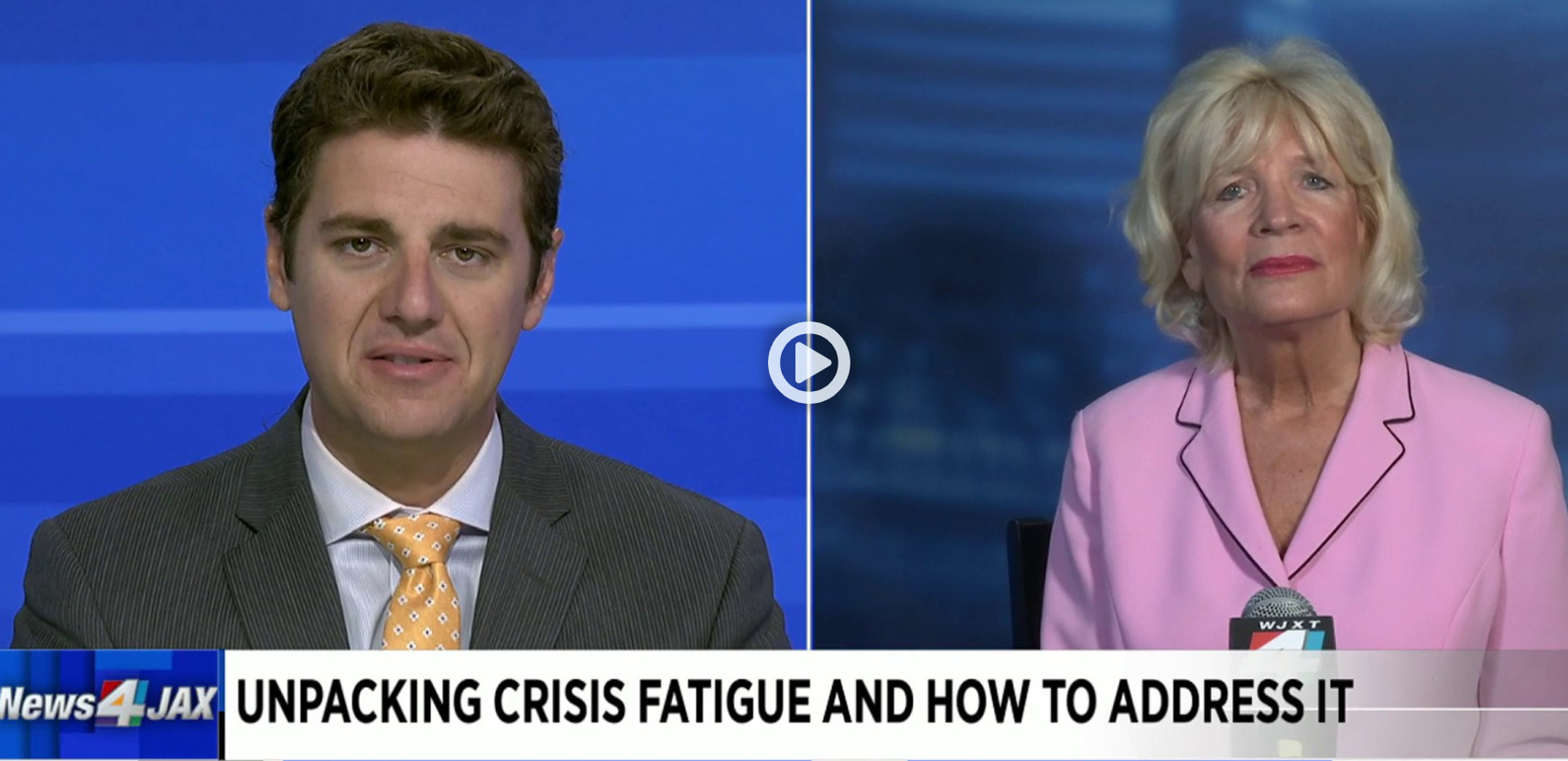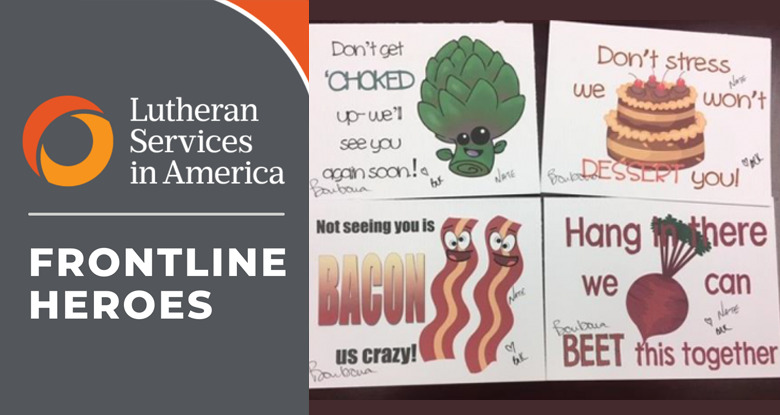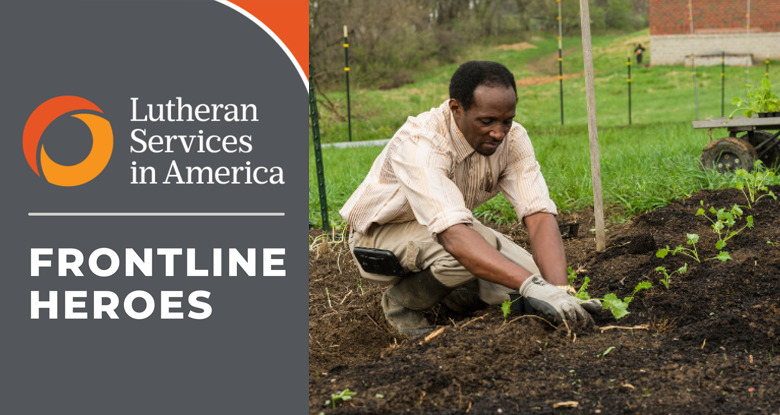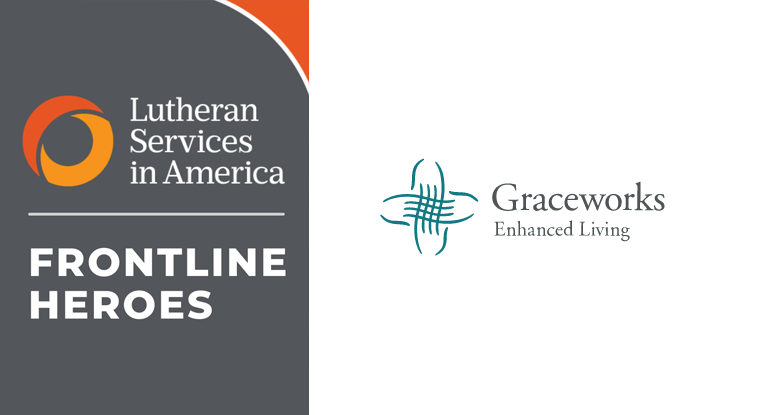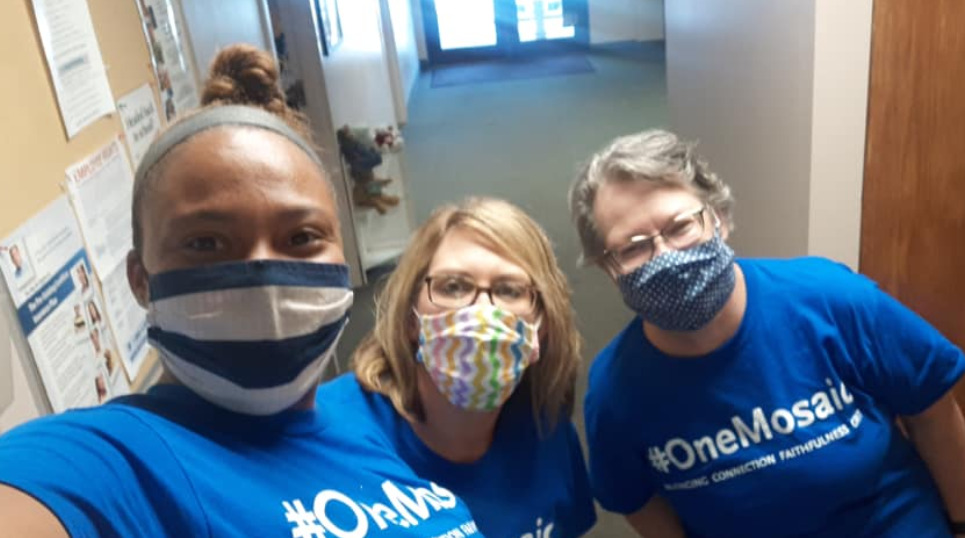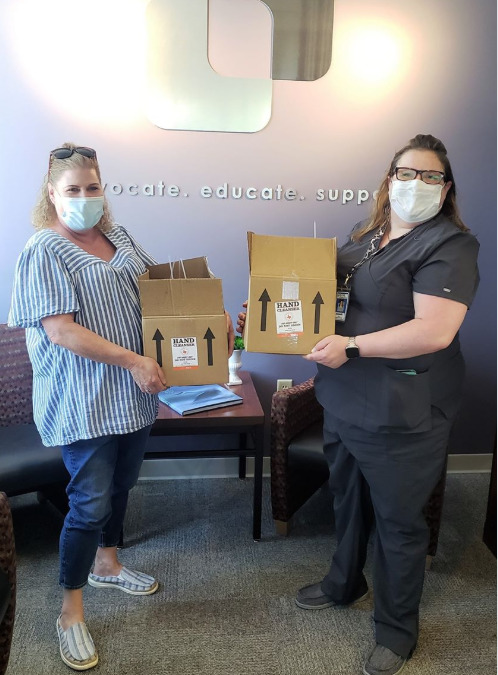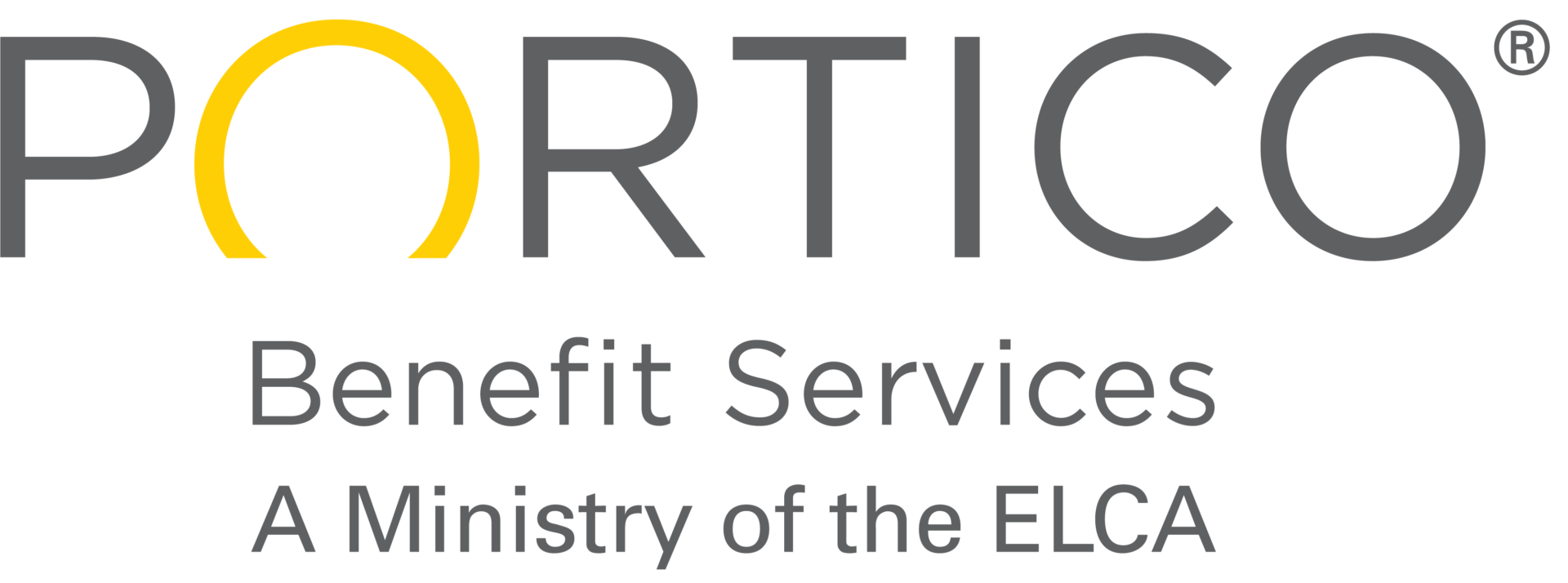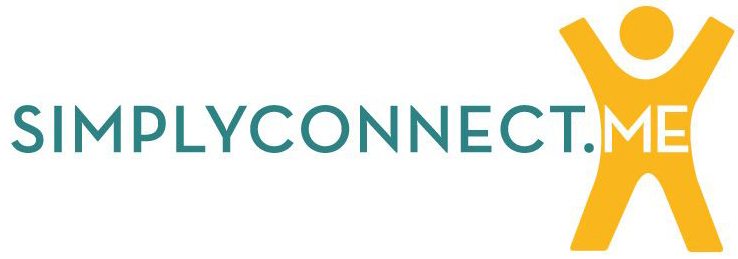Ecumen operates a variety of senior housing options and services, including cooperative senior housing, independent living, assisted living, long-term care, short-term rehabilitation care, home care, and hospice. It serves nearly 20,000 individuals annually across 30 cities in Minnesota, Idaho, Michigan, Ohio, Indiana, North Dakota, Tennessee, and Wisconsin. The large organization remains rooted in its Lutheran heritage and values, and is committed to treating seniors with dignity and respect.
Throughout the month of June, Ecumen publicly demonstrated its value for social justice. In response to the death of George Floyd, President and CEO Shelley Kendrick released a statement declaring that Ecumen stands in solidarity with Black communities in the fight against racial injustice and inequality. She quoted Martin Luther King, Jr., saying, “The time is always right to do what is right.” Ecumen also celebrated Juneteenth Freedom Day on June 19th, and publicly stated its commitment to upholding values of social justice for all it serves, its team members, and as members of the greater community.
Ecumen also joined in Pride Month in June, and raised its voice for social justice, equality, and peace. It celebrated its LGBTQ family and friends, and reaffirmed that Ecumen welcomes, serves, and employs all people.
In addition to joining in the fights for social justice, Ecumen ensures that it recognizes its staff for their hard work and commitment to those they serve. Ecumen started a campaign it calls #EcumenStrong, in which it honors its staff for their strength and endurance throughout the COVID-19 pandemic. This video shows Ecumen residents thanking the staff, and recognizing that they bring joy to Ecumen and lift the spirits of residents, while also offering high quality care.
Thank you to Ecumen for your many efforts to promote social justice in your community and recognize the hard work of your staff!

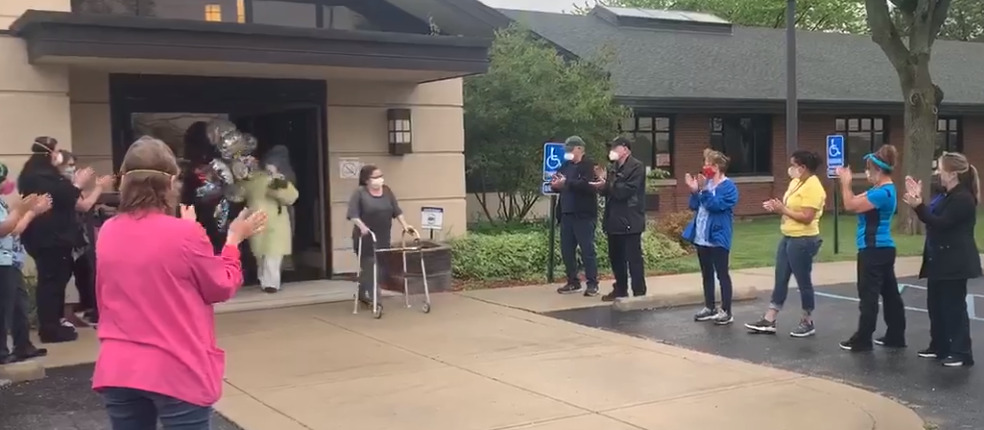
 By Caitlyn Gudmundsen, Senior Manager of Program Development and Outreach
By Caitlyn Gudmundsen, Senior Manager of Program Development and Outreach 